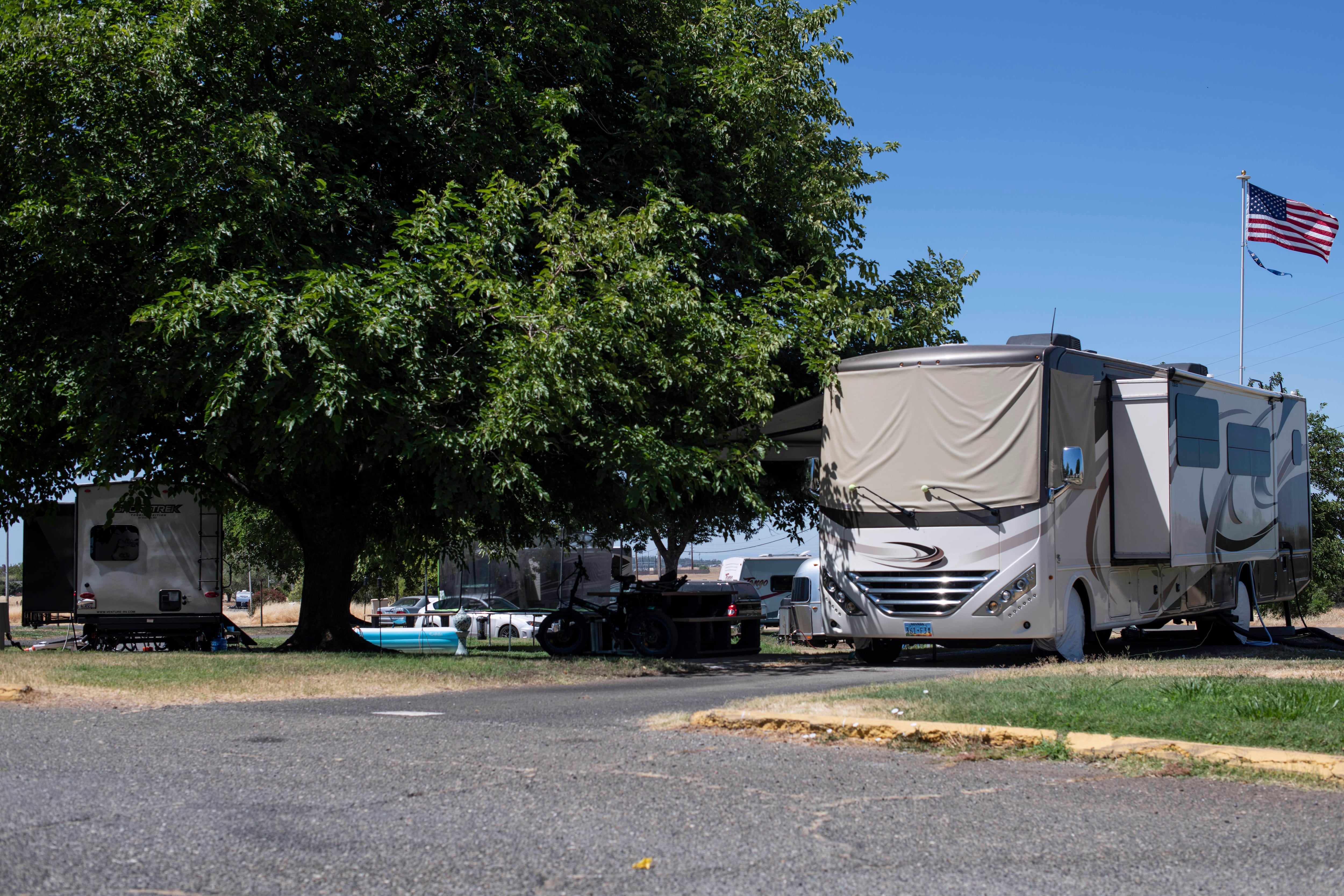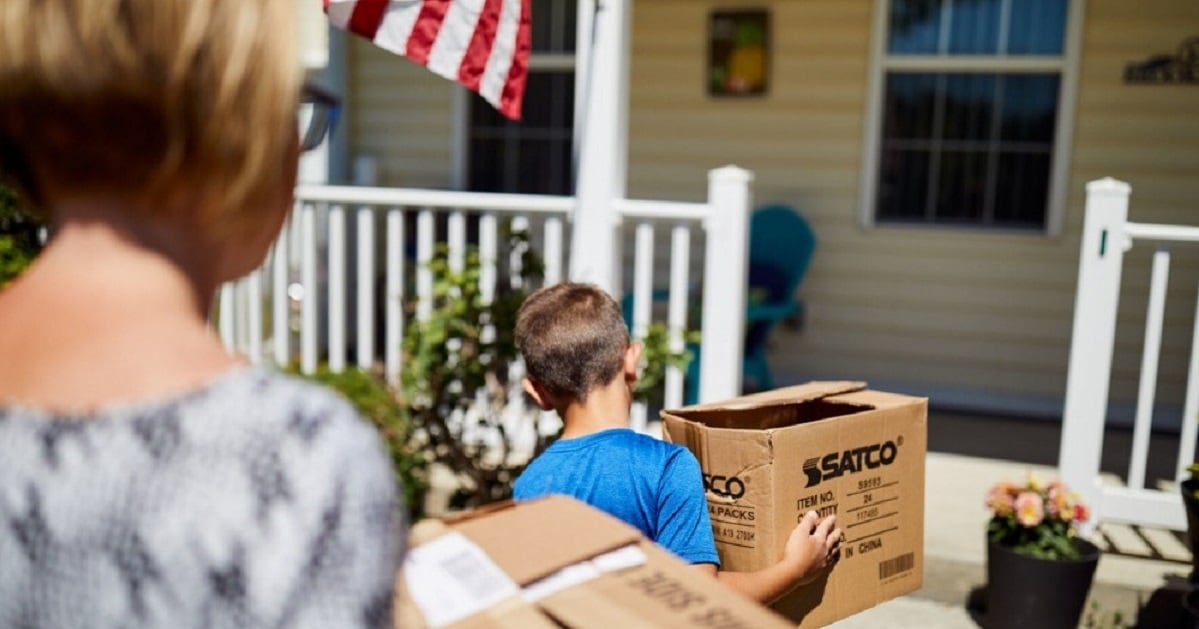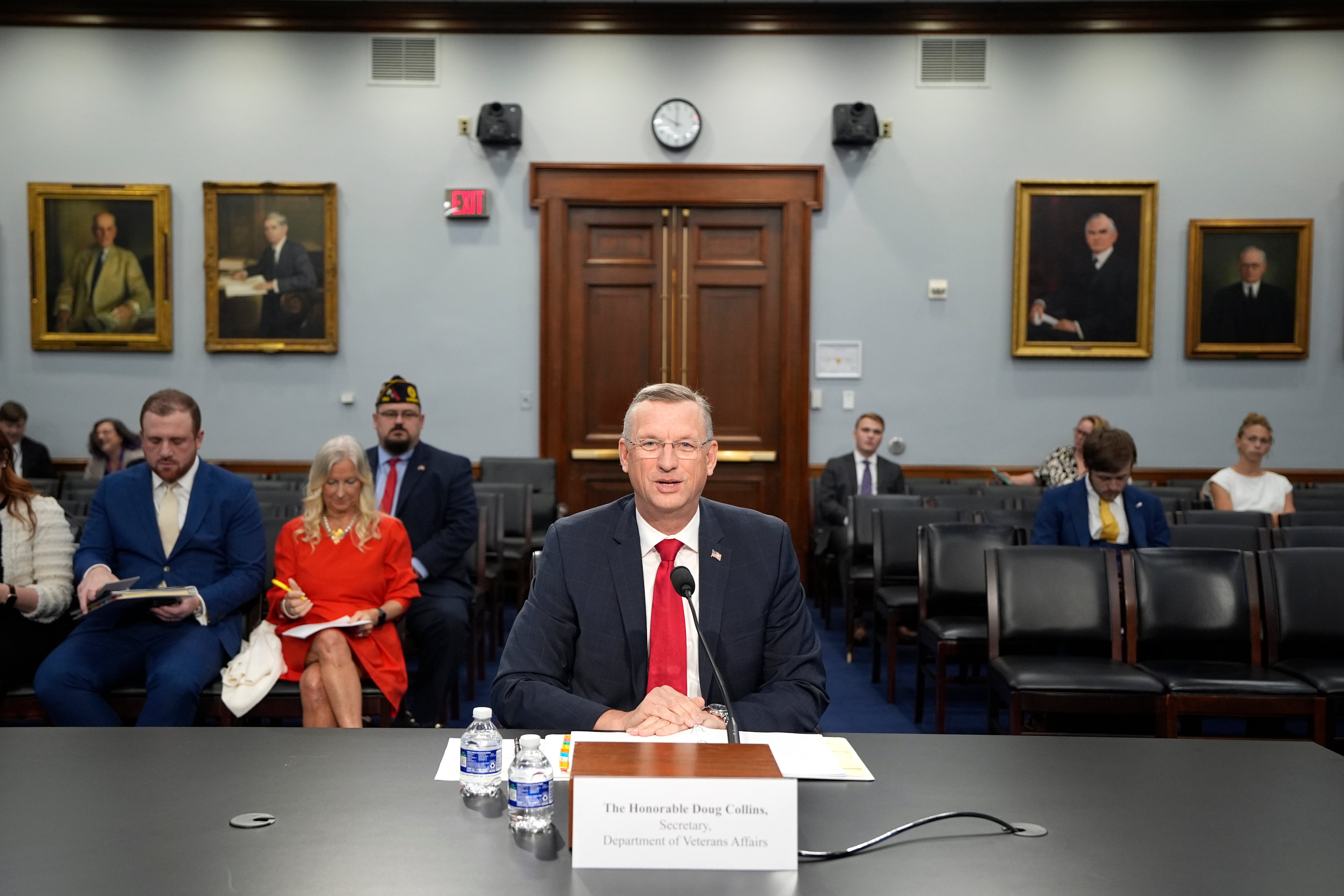Joint Chiefs Chairman Gen. Mark Milley said he will “personally take a hard look “ at whether to recommend increases this year in the Basic Allowance for Housing for areas where troops are seeing skyrocketing increases in housing costs.
“Soldiers don’t ask for much,” Milley told lawmakers during a House defense appropriations subcommittee hearing Wednesday. “They want good housing, good health care, good education and a safe environment for their families. I know the secretary of defense has the entire department focused on it.”
Secretary of Defense Lloyd Austin said the issue is “really, really important.”
“The strain caused by rising rent costs and a number of other things are really creating some adverse effects for our lower ranking enlisted, and we remain sighted on this,” he said.
Rep. John Carter, R-Texas, whose district includes Fort Hood, asked the leaders whether they’ve considered increasing BAH levels to meet the “inflationary challenge we’re seeing around our posts, not just in Texas, but in many other parts of the country.”
Milley replied that he will look at the BAH numbers specific to Fort Hood, as well as other parts of the country where housing costs have gone up dramatically.
Carter cited “ridiculously high” costs of housing near Fort Hood, which he attributed to the number of people who have been moving to Texas with large amounts of money from the sale of the homes they left and can afford to bid up prices. A house with a “real worth of $350,000 is now selling for $1 million,” he said. Even smaller homes that might have been available to service members are now selling for $700,000 to $900,000, he said. Although the VA loan benefit allows them to compete, “sellers don’t want VA loans because the other guys are offering cash,” he said.
“That drives our military families into the rental market, Carter said. “The rental market is going at the same rate. Something that six months ago was $2,000 a month is now $4,500 a month. Something that was $1,000 a month is now $2,500 a month. "
RELATED

Military families faced the same pressures in many areas around the country in 2021. Austin noted the action defense officials took in 2021 to provide financial relief ahead of the usual BAH changes that take effect each Jan. 1.
“What we’re asking for in this budget is help to do more of the same going forward,” Austin told lawmakers.
Officials temporarily raised the BAH rates in 56 designated military housing areas of the country by 10%, 15% or 20% for October, November and December.
In January, 2022, BAH rates increased overall by an average of 5.1%. DoD officials have estimated that about $25.6 billion in housing allowances will be paid to roughly 1 million service members in 2022.
“As we take care of warfighters,” Carter said, “we have to remember the burdens, that things in the real world, as the economy, have on the families of these warfighters.”
Karen has covered military families, quality of life and consumer issues for Military Times for more than 30 years, and is co-author of a chapter on media coverage of military families in the book "A Battle Plan for Supporting Military Families." She previously worked for newspapers in Guam, Norfolk, Jacksonville, Fla., and Athens, Ga.





